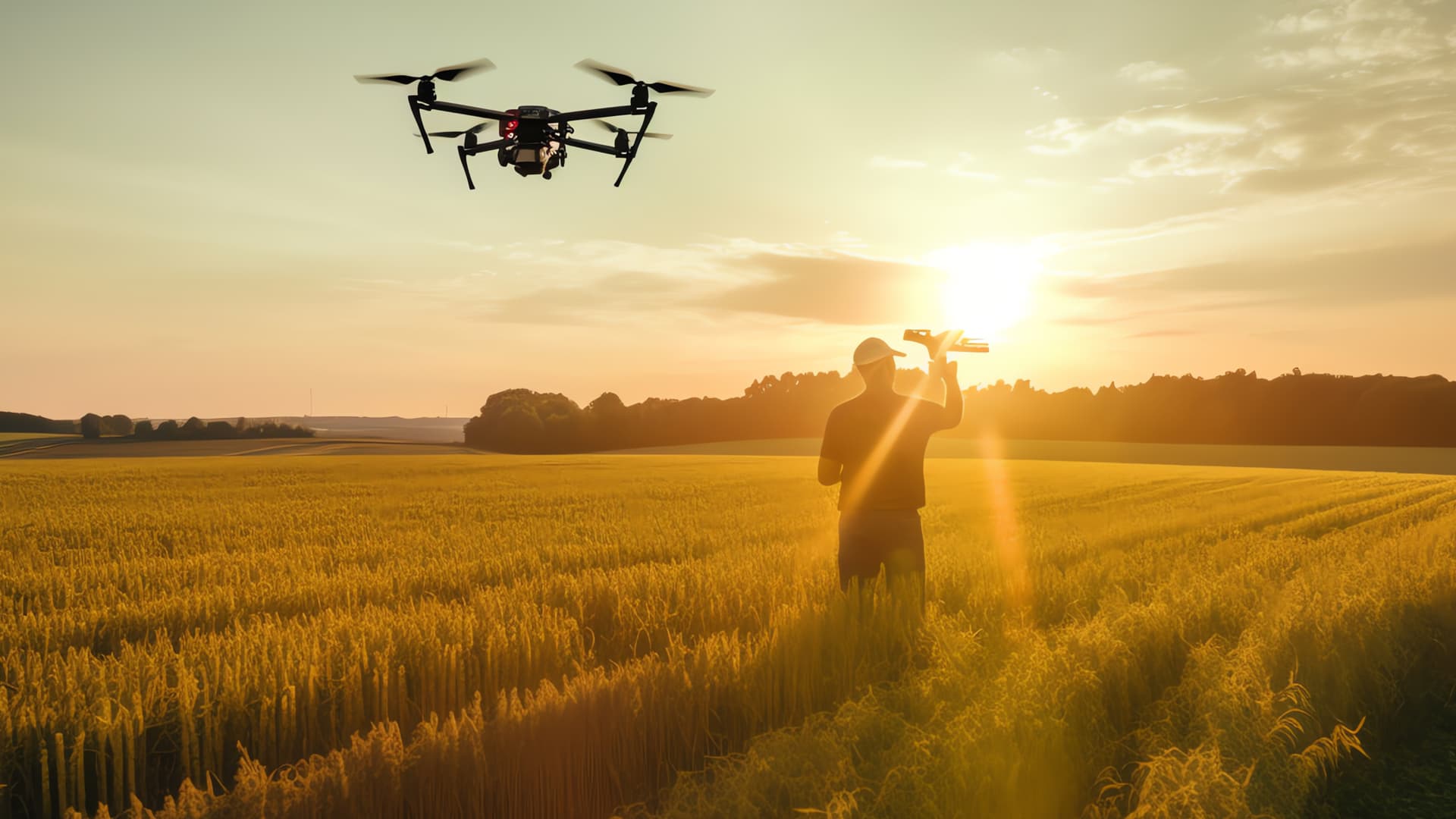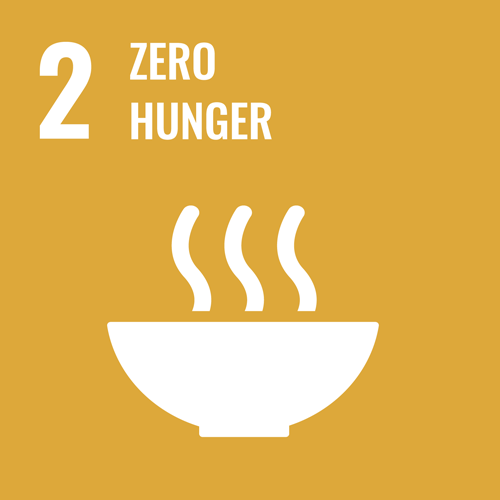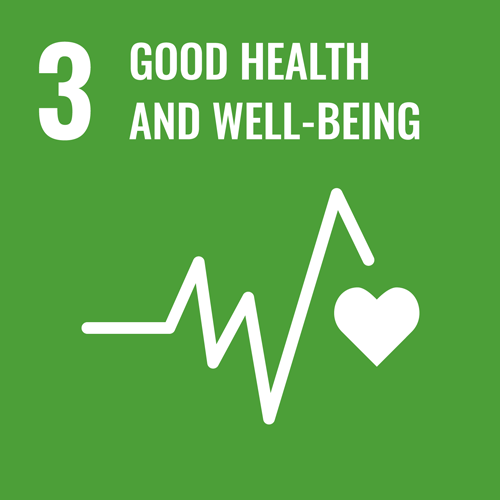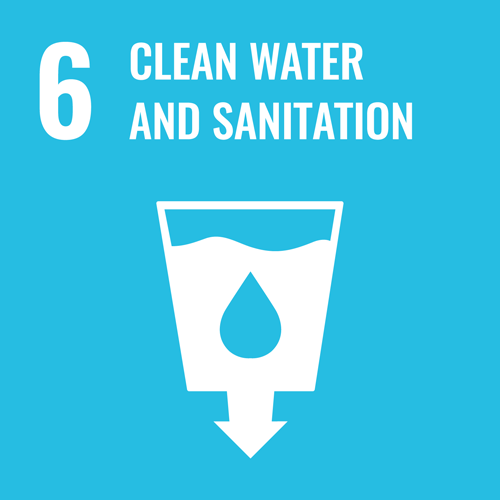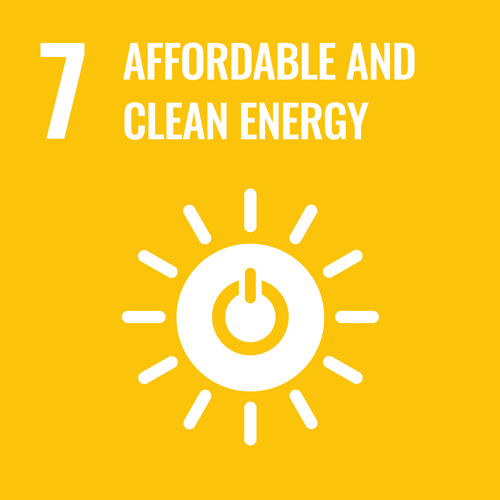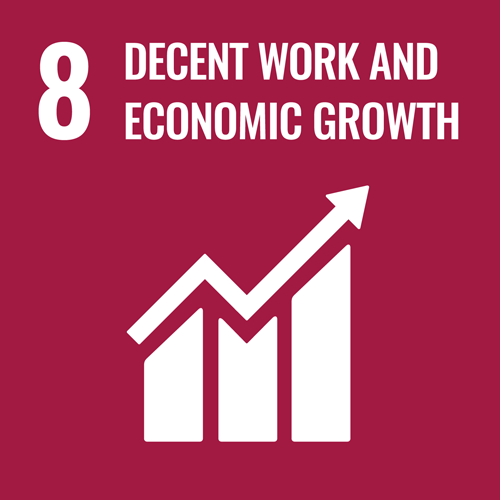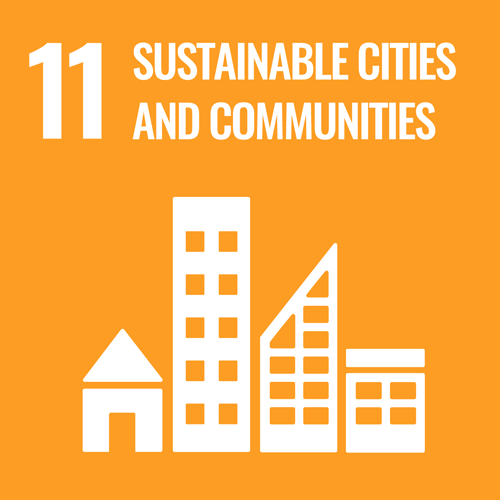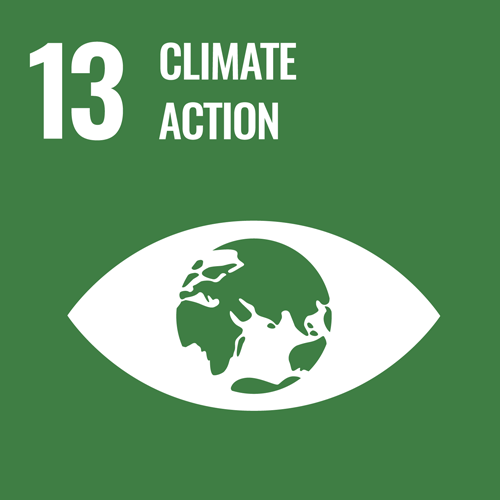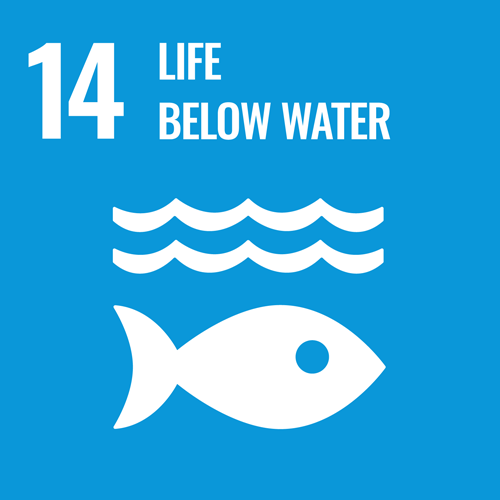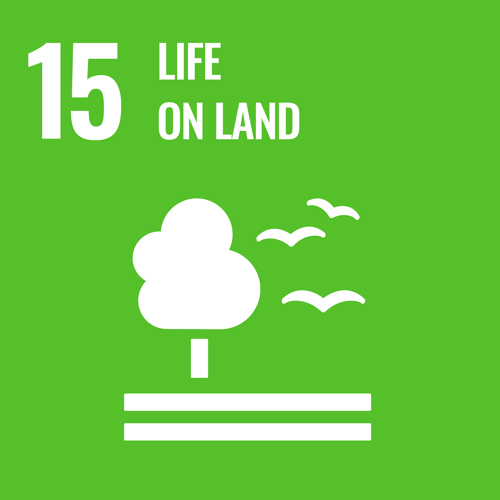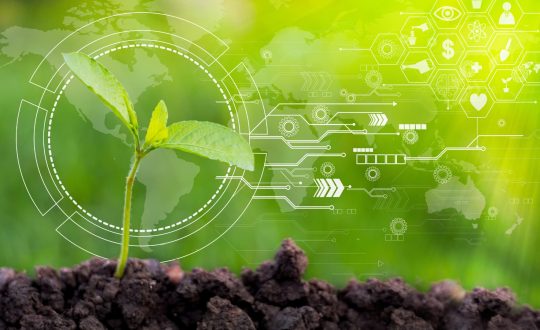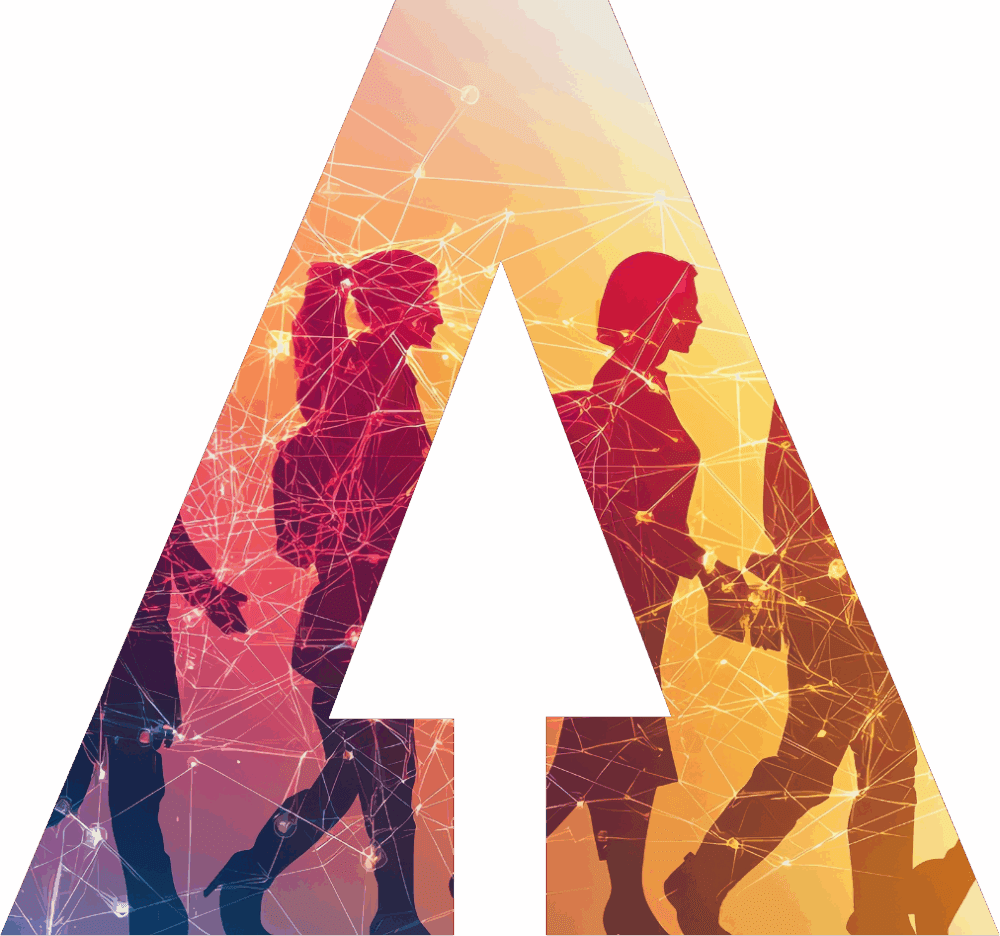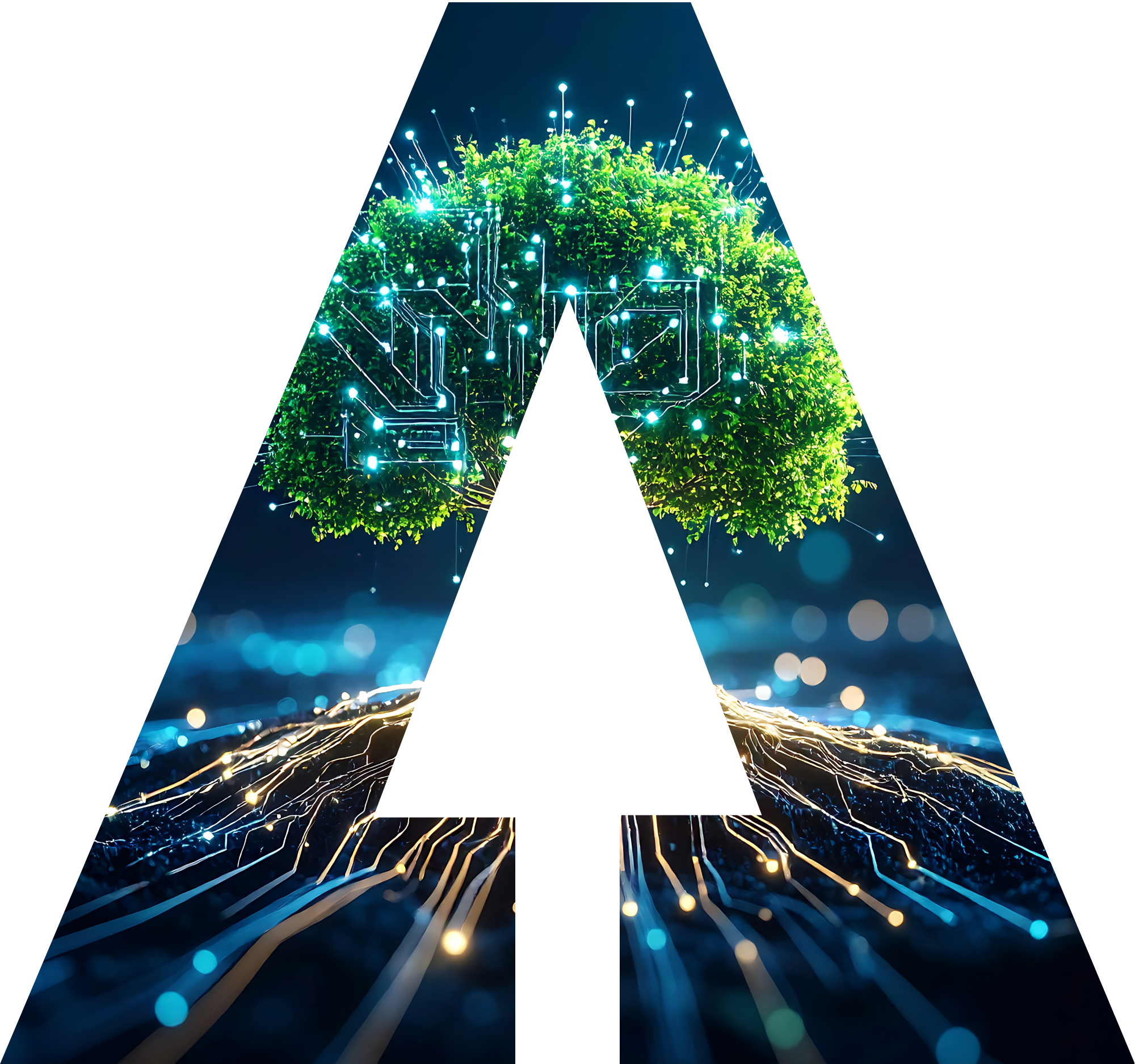In a dynamic convergence of minds at AI for Good, the 2023 tinyML Challenge Finale showed how collaborative innovation can produce concrete solutions to power-up positive change.
Hosted by ITU, the tinyML Challenge is an action-oriented platform within the United Nations, seeking practical applications of AI to drive progress towards the UN Sustainable Development Goals.
In the culmination of the 2023 tinyML Challenge, three distinctive problem statements were proposed to the global community of developers to advance solutions for: smart weather stations, plant disease detection, and wildlife monitoring using tinyML solutions.
Thomas Basikolo from ITU set the stage, emphasizing the significance of the tinyML Challenge and the productive collaboration with the tinyML Foundation. This challenge spanned from June to November, presenting participants with intriguing problem statements and an array of hardware resources to explore and use for their solutions kindly sponsored by Arduino and Seeed Studio.
All these solutions show how innovation and collaboration converge to address real-world challenges, but one winner was named for each problem statement.
In this year’s challenge on plant disease detection, “Tiny Mono” emerged triumphant, securing the first position.
“We are thrilled to be recognized for our scalable and high-performance solution. This victory is not just ours; it’s a testament to the power of collaboration and innovation. We believe in the positive impact of tinyML, and this win motivates us to continue pushing boundaries for a better future,” said Purushothaman from the winning team “Tiny Mono.”
The challenge also acknowledged “Underdawgs” in second place. Their presentation focused on a low-cost and low-power tinyML solution for plant disease detection. The team highlighted the delicate balance between accuracy and efficiency in their model, emphasizing simplicity and potential deployment on small devices like drones.
In the Problem Statement to produce ML solutions for Wildlife Monitoring
“AI4D Lab” was named the winner. The team included members Fatma Issa, Jabhera Matogoro, Zephania Reuben, Ramadhani Massawe, Rogers Kalunde, Paul Mkai, Madaraka Marco Masasi, Ipyana Issah Mwaisekwa
And the “ADN Innovators” were the Runner-up in 2nd place, led by Abhay Bhosle.
This problem also awarded “Underdawgs” in third place, with Sudharshan N, Saran Sundar S, Rohith S, Ch Leela Sri, and Jayaprakash M contributing to the solution.
The winning teams not only received recognition but also reinforced the collaborative spirit driving positive change in the realm of tinyML. Some of the innovative solutions included:
- Leveraging the capabilities of tinyML hardware devices for wildlife monitoring.
- Leveraging the power of Edge Impulse for building datasets, training algorithms, and deploying models on tinyMCUs.
The emphasis on creating smart sensors for capturing and classifying crop diseases and wild animals revealed a commitment to practical, real-world applications.
The solutions produced as part of the 2023 tinyML Challenge exemplify the transformative potential of AI when harnessed for positive change.
As was highlighted by the Chairman of the Board of Directors of TinyML Foundation, Evgeni Gousev, “collaborating with ITU, hackathons and challenges play a vital role in achieving the goal of tinyML and its global ecosystem in bridging the gap between this rapidly evolving technology, particularly in the AI for Good space”.
Stay tuned for more announcements on the upcoming tinyML for Good Challenges in 2024.


 Register here
Register here